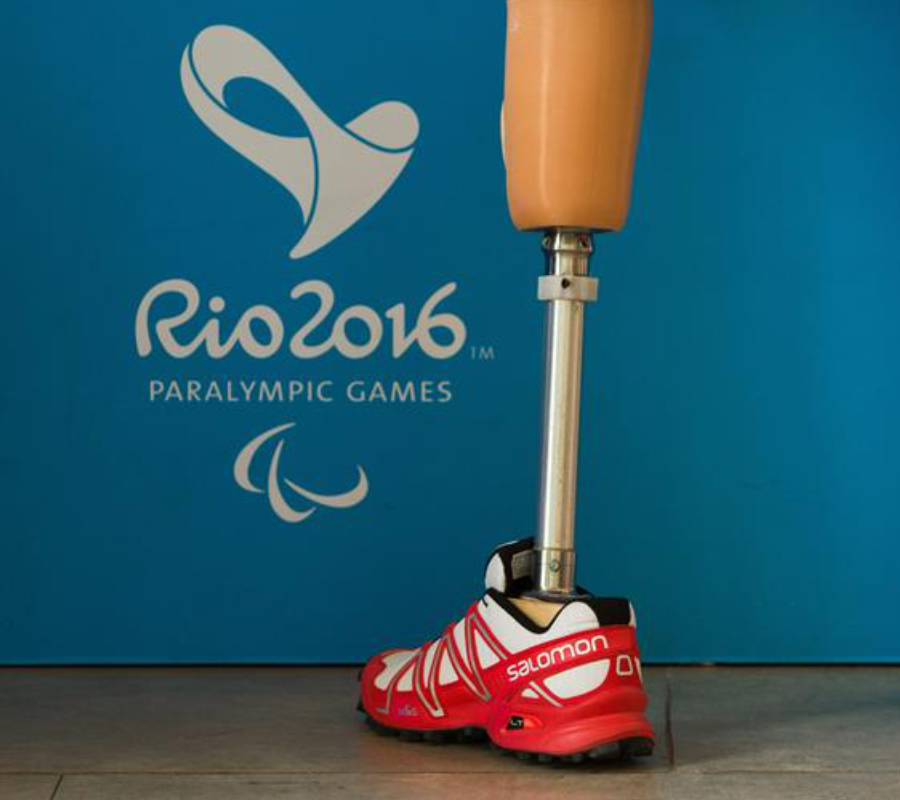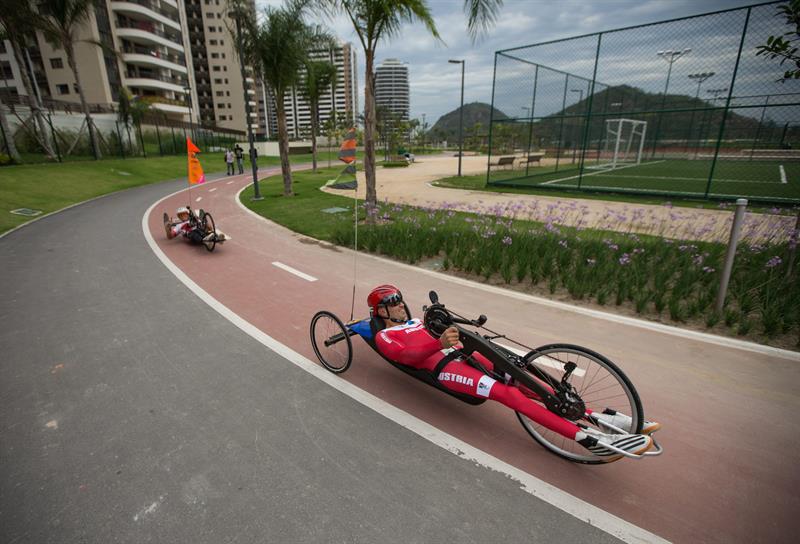About two weeks after the closing of the Rio Summer Olympics, the Brazilian city has welcomed the Summer Paralympics. According to Rio 2016, the international sporting event will host about 4298 athletes from 159 countries in 534 events competing for 225 medals for women, 265 for men and 38 mixed medals.
According to the International Paralympic Committee, although sports for people living with disabilities have been around in Europe since the 1800s, it was only in 1948 on the day of the opening ceremony for the London Olympic Games that a larger and more recognized sporting event was founded by Dr. Ludwig Guttman for wheelchair athletes.

Brief history of the Paralympic Games
According to the Independent, Guttman used sport as a manner to boost the recovery of former soldiers and civilians with spinal injuries incurred during the Second World War through goal-orientation, raising self-esteem and increasing motivation. Guttman coined the event the Stoke Mandeville Games, which saw 16 servicemen and women participate in archery.
1960 saw the rise of the first official Paralympic Games, following the Rome Olympics, which hosted 400 athletes from 23 countries. Although the event catered to mostly wheelchair athletes, as it began to grow, so did their eligibility.

In 1972, quadriplegic and visually-impaired athletes competed for gold. In 1989, the International Paralympic Committee was established as an international non-profit organization in Dusseldorf, Germany to serve as the global governing body of the Paralympic Movement.
Following the Seoul Summer Games in 1988 and the Albertville Winter Games in 1992, the Paralympics have always taken place in the same cities as the Olympics due to an agreement made between the International Paralympic Committee and the International Olympic Committee.
Rio Paralympics facing adversity
Although the Paralympic Games present another opportunity for sporting fanatics to gather and support their respective nations, unfortunately, the event does not bring in as much support as the Olympics. In combination with Brazil’s political and economic challenges as well as low ticket sales, Rio organizing committee has had difficulty funding the event.
According to BBC, ticket sales have been making progress estimated at 1.6 million since three weeks ago, when only 300.000 of the 2.5 million had been bought. The turnout at this Paralympics does not compare to that hosted by London in 2012 which sold 2.7 million tickets.

As a result, the initiative #FillTheSeats was established to acquire tickets for 10,000 local children. Prince Harry has made a donation to the cause.
To surmount this financial problem, Mayor of Rio, Eduardo Paes, had to secure an additional $48.01 million of funding and $31.01 million in sponsorship from state-run companies. However, the downside was that the level of workforce and transport services had to be slashed along with some media centers having to be closed.
In addition to financial woes, the Paralympics have seen a blanket ban that prohibits Russian athletes from competing following the report that found evidence of doping across various Russian sports, which led the World Anti-Doping Agency to call for athletes from the country to be banned.
More than 175 individual requests from Russian competitors to participate as well as an appeal to the Court of Arbitration for Sport and the Swiss Supreme Court were all unsuccessful, meaning that the country will have to sit out on this year’s para-sporting event.
India without television coverage of Rio Paralympics
According to DNA India, the Paralympic Games were unable to secure a spot on any Indian networks, including state broadcasters. Founding member of the Civilian Welfare Foundation, Suchandra Ganguly, who works with the para-athletes had made a statement in a press conference exposing the irony of the tweet the Indian Prime Minister Narendra Modi’s made on 1 September wishing luck to Indians in Paralympics.
India sent 19 athletes, three of whom women, to compete in the Rio Paralympics which is nine more than those who had participated in the London Games. This would mark the largest ever number of Indian athletes representing their nation in the international para-sporting event.

Ganguly stated that the country had a better chance at winning gold at the Paralympics than the Olympics, which is part of the reason why the nation should show more support for its athletes.
Even when the Rio Paralympics opened to a difficult start, the athletes are still determined to take home laurels for their countries. Critics suggested that these athletes do not receive the same support and recognition as those who participate in the Olympics.
The tendency to favor Olympic athletes rather than Paralympic ones might demonstrate the problematic manner in which people living with disabilities are perceived.
Source: BBC
